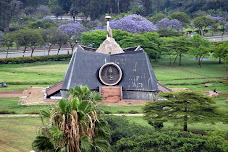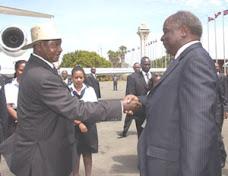The strength of any economy is its political stability. Unlike most countries that have achieved development equal to that of Kenya, the country does not possess any significant reserves of natural resources.
Unfortunately, these key pillars of the economy have been shaken profoundly by the current stalemate over the elections. If the issue has eluded politicians, the business environment that has powered the economy to admirable levels in the last five years is about to be rolled back.
Retail business lies mortally wounded by looters. Employees are marooned by violence and casual workers are starving. Industries are unable to distribute their products.
Financing deals are being rescheduled, and the country’s political-risk rating may go up. More alarmingly, a severe oil shortage might ground the economy if the situation is not arrested. Also, the tourism industry is being threatened by the violence, and the gains it has made in the past few years will very soon be reversed irredeemably.
Farther afield, the Great Lakes region, which relies on Kenya for oil supply, has started suffering major shortages.
When the crisis is over, we may come to realise why leaders in the region should fast-track the realisation of the East African Community: the economies of their countries are inter-dependent, and any crisis of a political nature occurring in one country is bound to affect the economies of the others.
Shouldn’t these leaders, then, have a role to play in mediating a crisis of this magnitude in a partner country
Friday, January 4, 2008
Subscribe to:
Post Comments (Atom)






















No comments:
Post a Comment